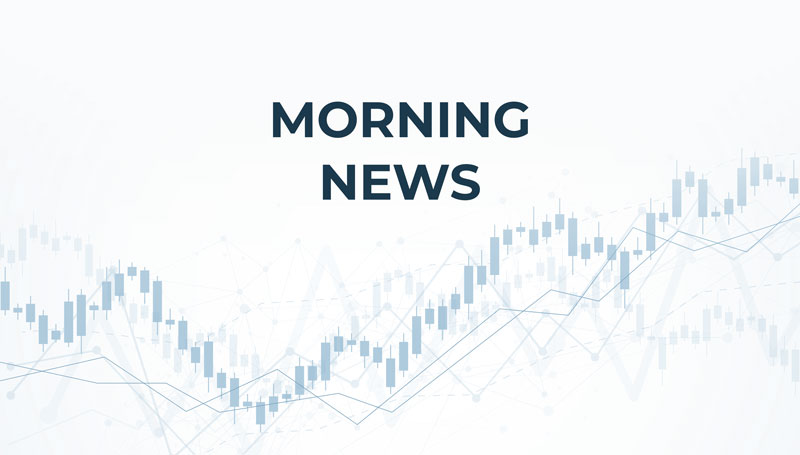
Gold 1949,02
|
EURUSD 1,1877
|
DJIA 27738,50
|
OIL.WTI 42,93
|
DAX 12860,06
|
|---|
Nothing interesting happened in the markets on Thursday. So, while there is time, let’s go back to the question that was discussed yesterday. Apple’s capitalization reached $2 trillion. We do not believe that it can reach 5-10 trillion. And who can do it in the next 10 years?
S&P 500

Why is it hard for Apple to grow further?
The shares of the apple company have been growing very rapidly for many years. An innovative product (iPhone) was released, which everyone wanted to buy. The market was empty. Sales were growing, and demand was limited only by the population of the Earth. The problem is that smartphone sales have not grown much in the last couple of years. Everybody who wanted to buy them had already. So in the future, the company’s capitalization will increase by interest, but not in times.
There will be nothing in the market to grow so fast. Of course, we do not consider speculation with tokens, where you can get thousands of percent in a few days. We are talking about serious business on a global scale.
It turns out that the world must see something fundamentally new. This new product or service must be expensive + everyone will want to buy this product or service. This is exactly what happened a few years ago with the iPhones, when Apple created a new market from scratch.
What kind of product or service will it be?
We don’t know that, we can only assume that. That’s exactly what no analyst could have guessed 10 years ago that Apple would be worth $2 trillion.
It is possible that a new world leader, which will bypass Apple and in the future reach a capitalization of $5-10 trillion, will be associated with medicine, biotechnology, DNA decoding.
Roughly speaking, there appears a company that sells a $5000 tablet that slows down the aging processes in the body (no one is talking about immortality). Naturally, the release of these pills on the market will be preceded by human tests and obtaining all the approvals from regulators. The pill should be taken 4 times a year (subscription).
You will buy such a pill? If your salary is 1500 EUR per month, you will most likely not. And if it is 5000? What if it’s 10,000? Huge demand will be provided for decades to come.
Investors are buying the stock in anticipation of future profits. Not only that, the profit is also secured for decades to come. Investors will expect the company to make this pill even more effective over time, which means more people will want to buy it. The P/E ratio for such a company, at early stages, may be more than 1000 and even 10,000. And at later stages, already with large capitalization, more than 100.
Such niches in the market are absolutely empty. And there are many of them. And exactly those companies, which will become leaders on them, will be able to achieve capitalization of 5-10 trillion dollars in the future.
What’s waiting for us today?
08.00 UK retail sales for July
09.30 German Manufacturing Index for August
10.30 UK Service Business Index for August
14.30 Canadian retail sales for July
Important Notes on This Publication:
The content of this publication is for general information purposes only. In this context, it is neither an individual investment recommendation or advice nor an offer to purchase or sell securities or other financial products. The content in question and all the information contained therein do not in any way replace individual investor- or investment-oriented advice. No reliable forecast or indication for the future is possible with respect to any presentation or information on the present or past performance of the relevant underlying assets. All information and data presented in this publication are based on reliable sources. However, Bernstein Bank does not guarantee that the information and data contained in this publication is up-to-date, correct and complete. Securities traded on the financial markets are subject to price fluctuations. A contract for difference (CFD) is also a financial instrument with leverage effect. Against this backdrop, CFD trading involves a high risk up to the point of total loss and may not be suitable for all investors. Therefore, make sure that you have fully understood all the correlating risks. If necessary, ask for independent advice.
